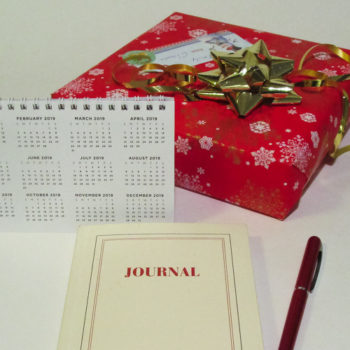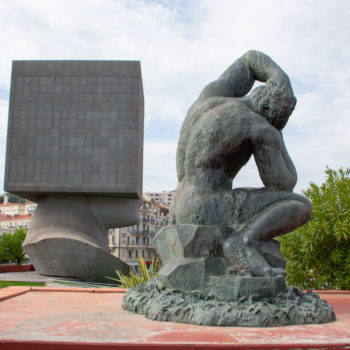 In an interview, David Allen, the creator of “Getting Things Done”, described a Year End Review that will motivate and inspire you for the year ahead.
In an interview, David Allen, the creator of “Getting Things Done”, described a Year End Review that will motivate and inspire you for the year ahead.
First, bring closure and acknowledgement for the past year. By yourself, or together with your partner, make a list of all your accomplishments. It’s likely you’ll find that your perspective has changed—which can be enlightening and satisfying. Also, ask yourself what has been left unfinished.
Second, take some time to clean a space in your house. David compares the effect to “discovering the fresh breeze that blows through your brain when you clean a drawer in your desk.” He adds, “Cleaning a space gives you a place to make those New Years ideas and new directions and new habits come from a much more natural and organic place.” Reserve a day, or even half a day, to clean and let the creativity flow.
When that is done, block some time and ask yourself, what do you want to be true next year? What does that look like? What do you want less of than last year, and what do you want more of?
Does your vision for 2019 include more socializing and networking? Professional development? Fun and adventure? A gift to yourself? Then write on the top of your list, “Book travel for ISC/SCI Conference in Ottawa, May 24-25”. You can visit the conference page here.

